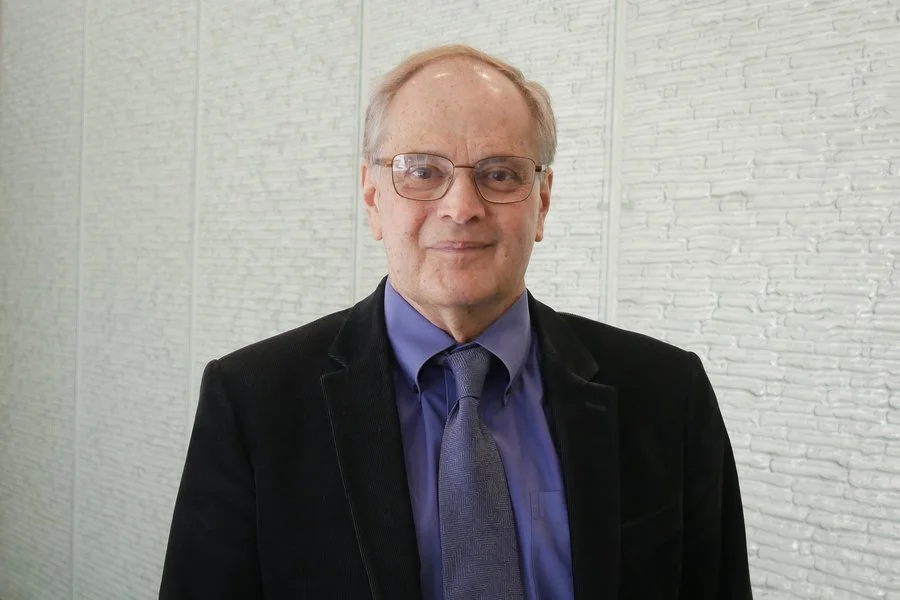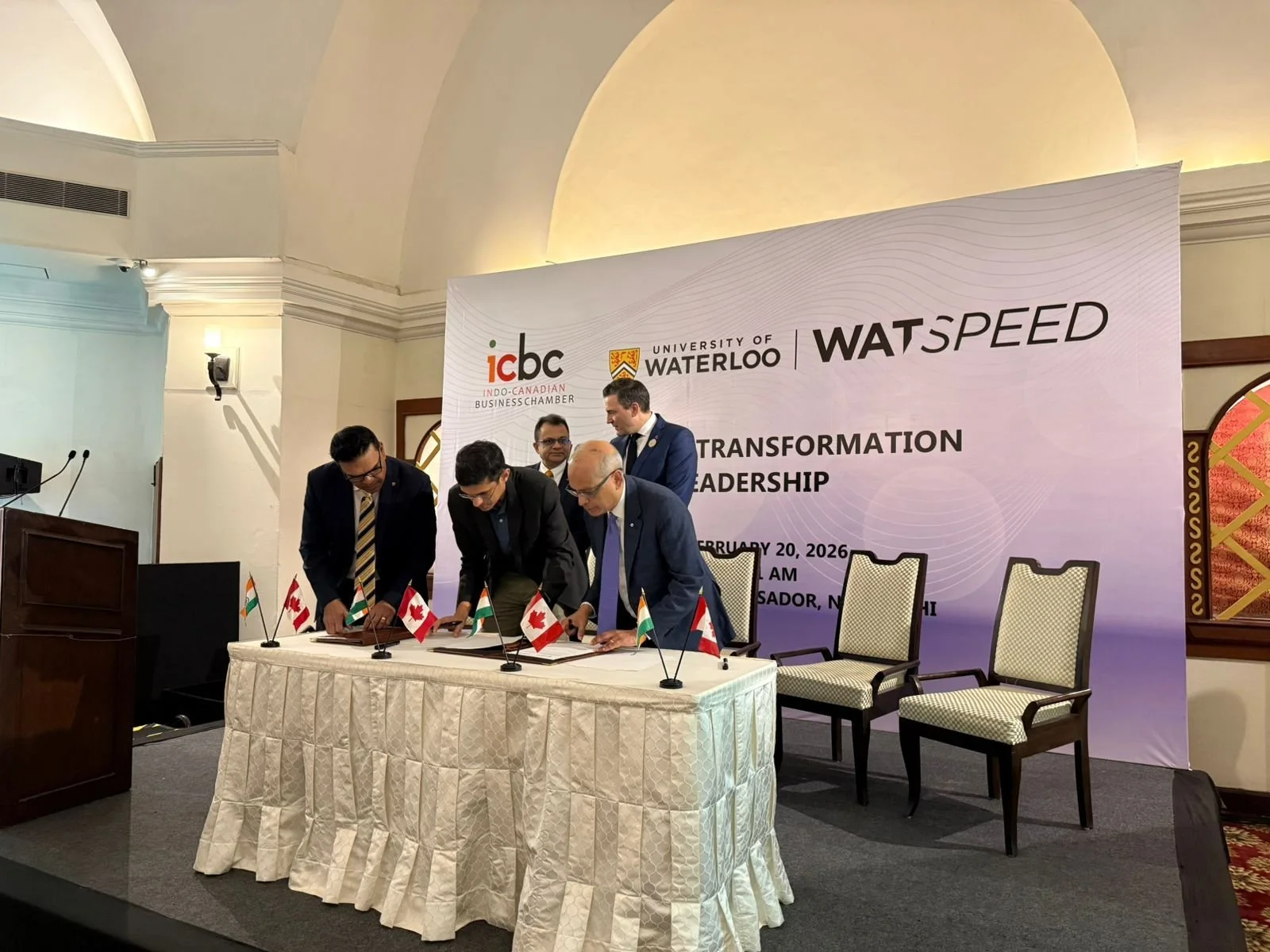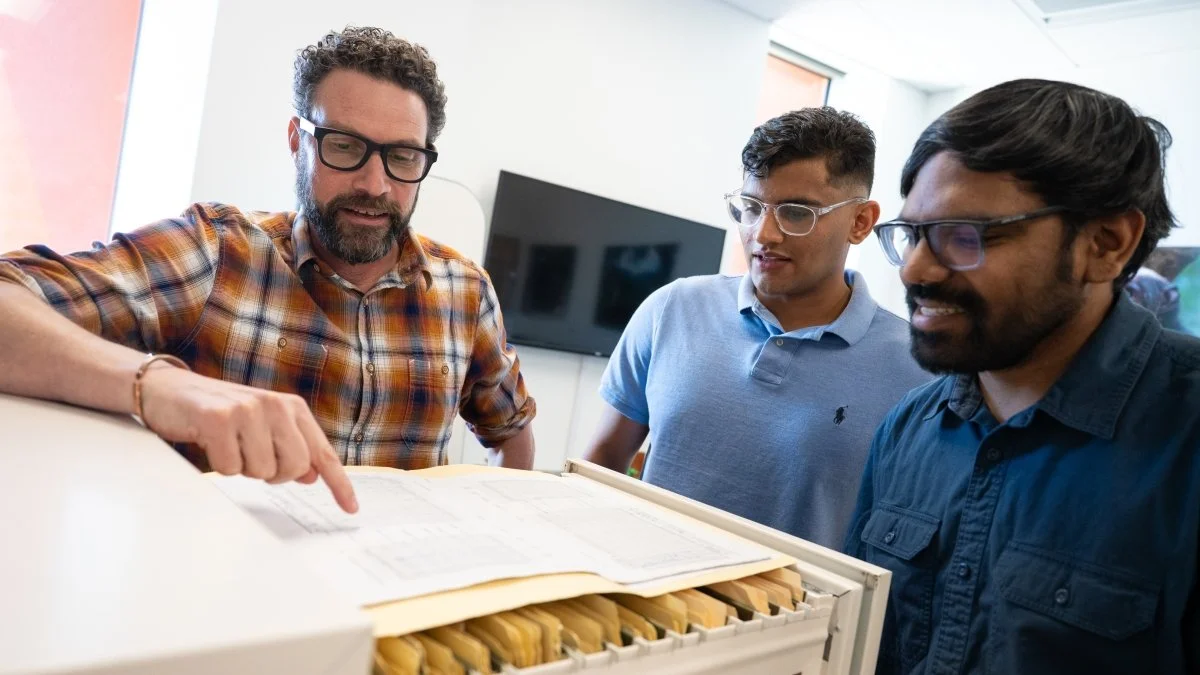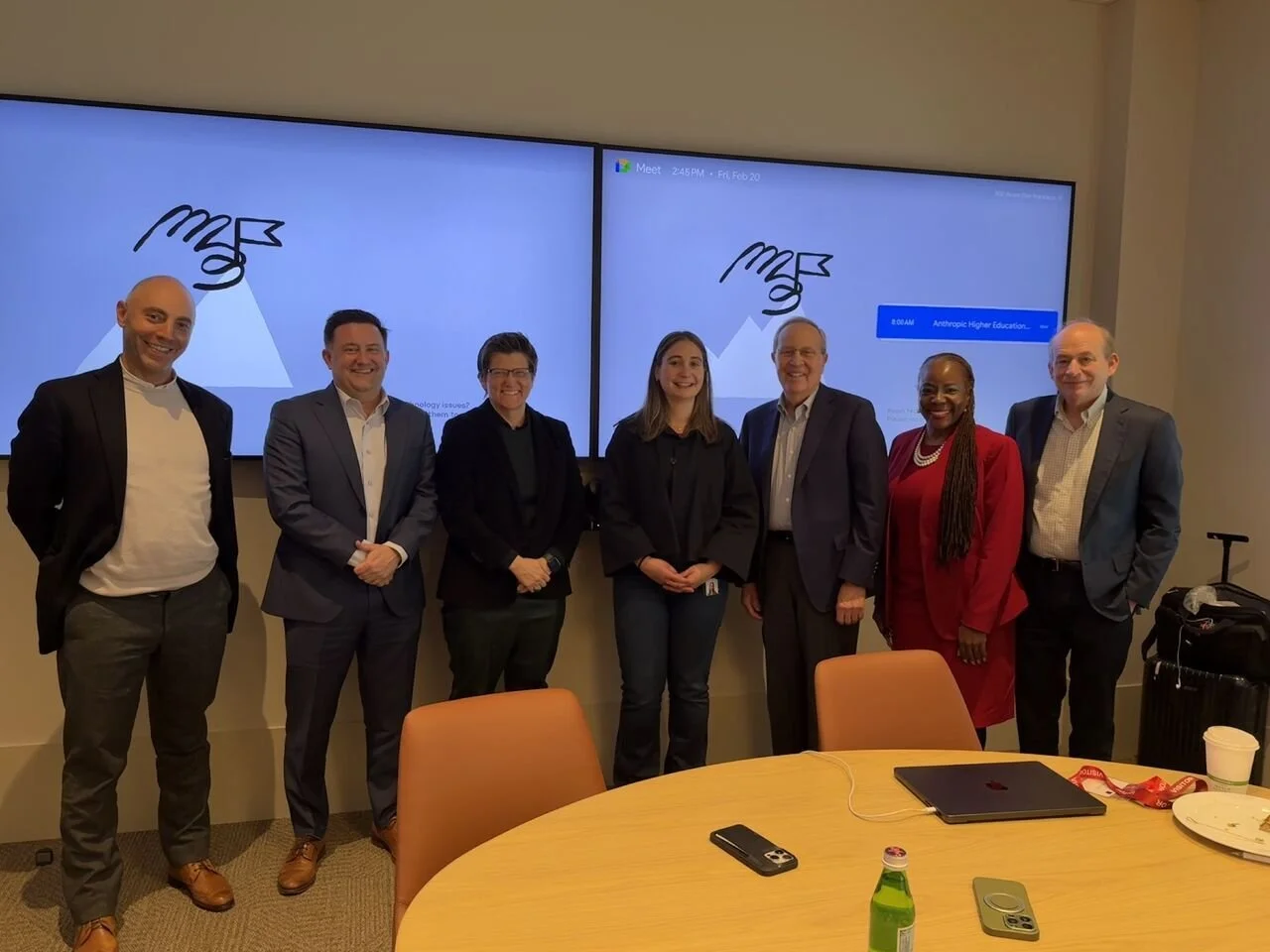MIT photonics pioneer John Joannopoulos dies at 78 after five decades at the Institute
John Joannopoulos, MIT physicist and director of the Institute for Soldier Nanotechnologies, spent more than 50 years advancing photonic crystal research and mentoring generations of scientists.
Photo Credit: Jose-Luis Olivares, MIT
John “JJ” Joannopoulos, the Francis Wright Davis Professor of Physics at MIT and director of the Institute for Soldier Nanotechnologies, died on Aug. 17 at the age of 78. He was known for foundational work in photonic crystals and for mentoring generations of researchers.
MIT confirmed the death of Joannopoulos, a condensed‑matter theorist whose 50‑year career was spent at the Institute. He directed MIT’s Institute for Soldier Nanotechnologies, a research center that links MIT faculty, industry partners and the U.S. Department of Defense to develop materials and systems for soldier protection and performance. A cause of death was not disclosed, and the university says memorial details are forthcoming.
Deepto Chakrabarty, head of MIT’s Department of Physics, says: “JJ was a very special colleague: a brilliant theorist who was also adept at identifying practical applications; a caring and inspiring mentor of younger scientists; a gifted teacher who knew every student in his class by name. He will be deeply missed.”
Career arc and early science
Born in New York City in 1947, Joannopoulos earned his BA and PhD in physics from UC Berkeley, joining the MIT faculty in 1974. Early work in ab initio condensed‑matter theory focused on predicting electronic behavior and structure of materials from first principles. He remained at MIT for his entire career and later led ISN for nearly two decades.
Yoel Fink, an MIT professor and former student, says: “A scientific giant, inspiring leader, and a masterful communicator, John carried a generous and loving heart… JJ left an indelible impact on science and on all who had the privilege to know him.”
Photonic crystals and real‑world impact
In the early 1990s, Joannopoulos applied first‑principles approaches to photons, helping establish photonic crystals as a platform to control light in engineered materials. His group co‑authored a 1995 textbook on the field and later showed how multilayer structures can reflect light from all angles, described as a “perfect mirror.” Rolling the structure into a hollow fiber led to an optical conduit used to deliver tightly focused laser light, enabling a clinical “optical scalpel.” He co‑founded Omniguide to commercialize the technology.
Marin Soljačić, an MIT professor and former postdoc, says: “JJ was an amazing scientist: He published hundreds of papers that have been cited close to 200,000 times. He was also a serial entrepreneur… He was an amazing mentor, a close friend, and like a scientific father to me.”
As ISN director, Joannopoulos supported projects spanning lightweight armor, hyperspectral imaging, energy storage and responsive textiles. He co‑founded six spinoffs, helped seed dozens more companies, earned 126 patents and authored more than 750 peer‑reviewed papers. Honors included election to the National Academy of Sciences and the American Academy of Arts and Sciences, as well as this year’s MIT Killian Achievement Award.
Raul Radovitzky, ISN associate director, says: “In the end, the most remarkable thing about him was his unmatched humanity… The legacy he leaves is not only in equations and innovations, but in the lives he touched, the minds he inspired, and the warmth he spread in every room he entered.”
Colleagues and former students emphasize his teaching and mentorship style, from learning every student’s name to encouraging independent thinking that sometimes diverged from his own views.
Stanford physicist Robert Laughlin, one of his first graduate students, says: “John was indeed a great man — a very special one. Everyone who ever worked with him understands this… He sprinkled a kind of transformative magic dust on people that induced them to dedicate every waking moment to the task of making new and wonderful things.”
























